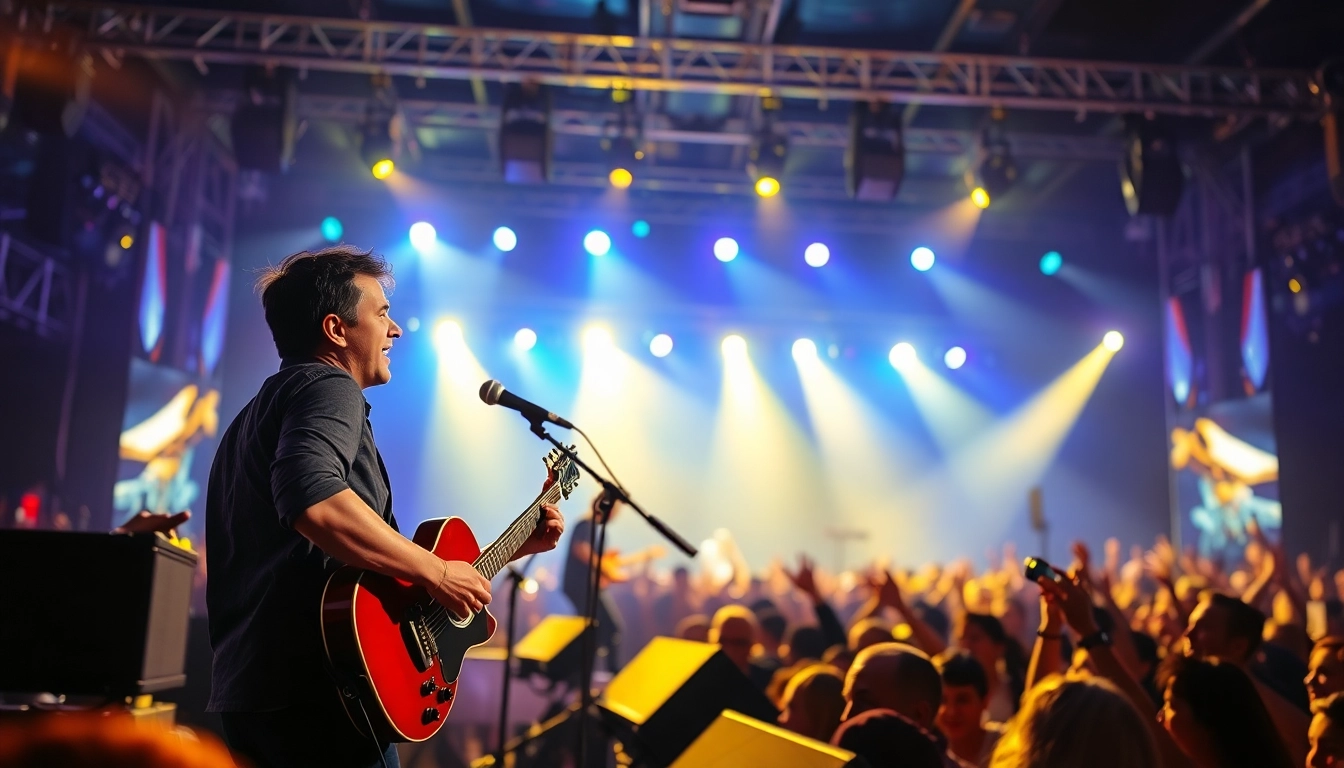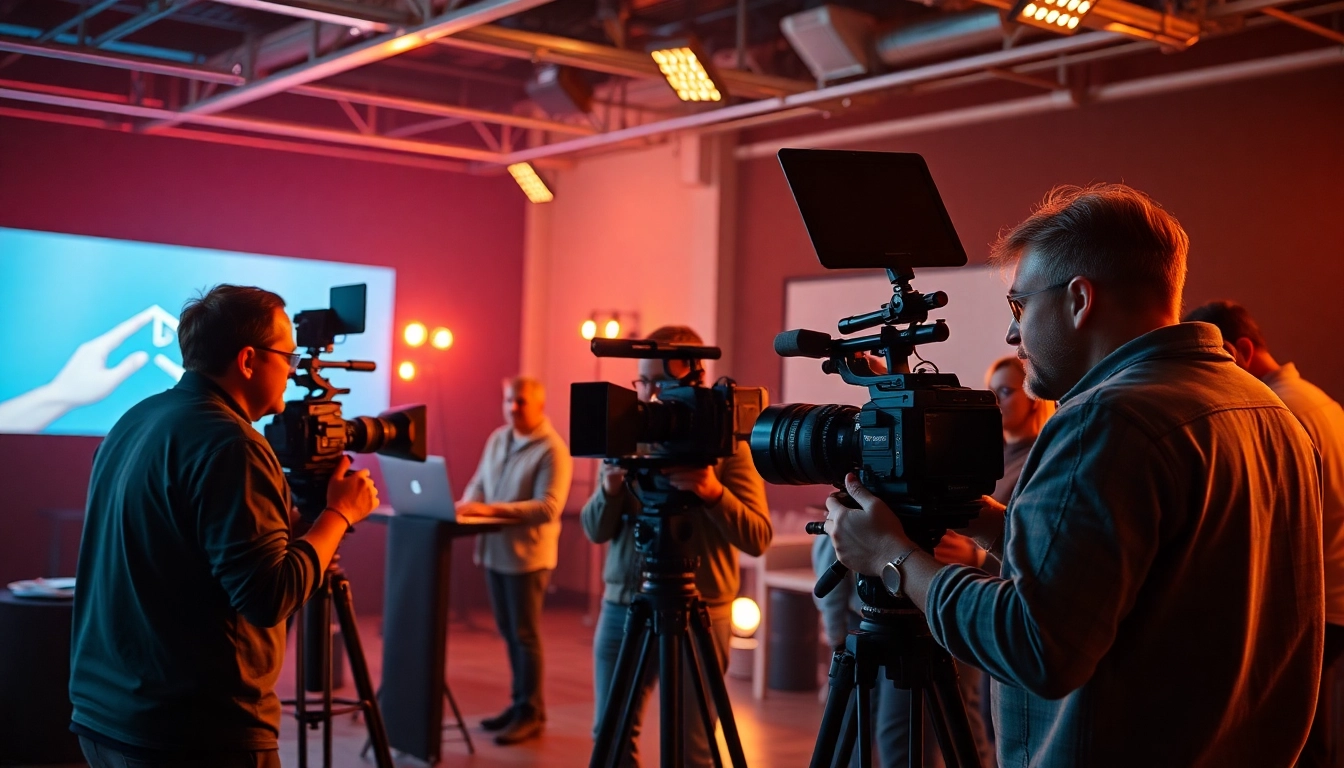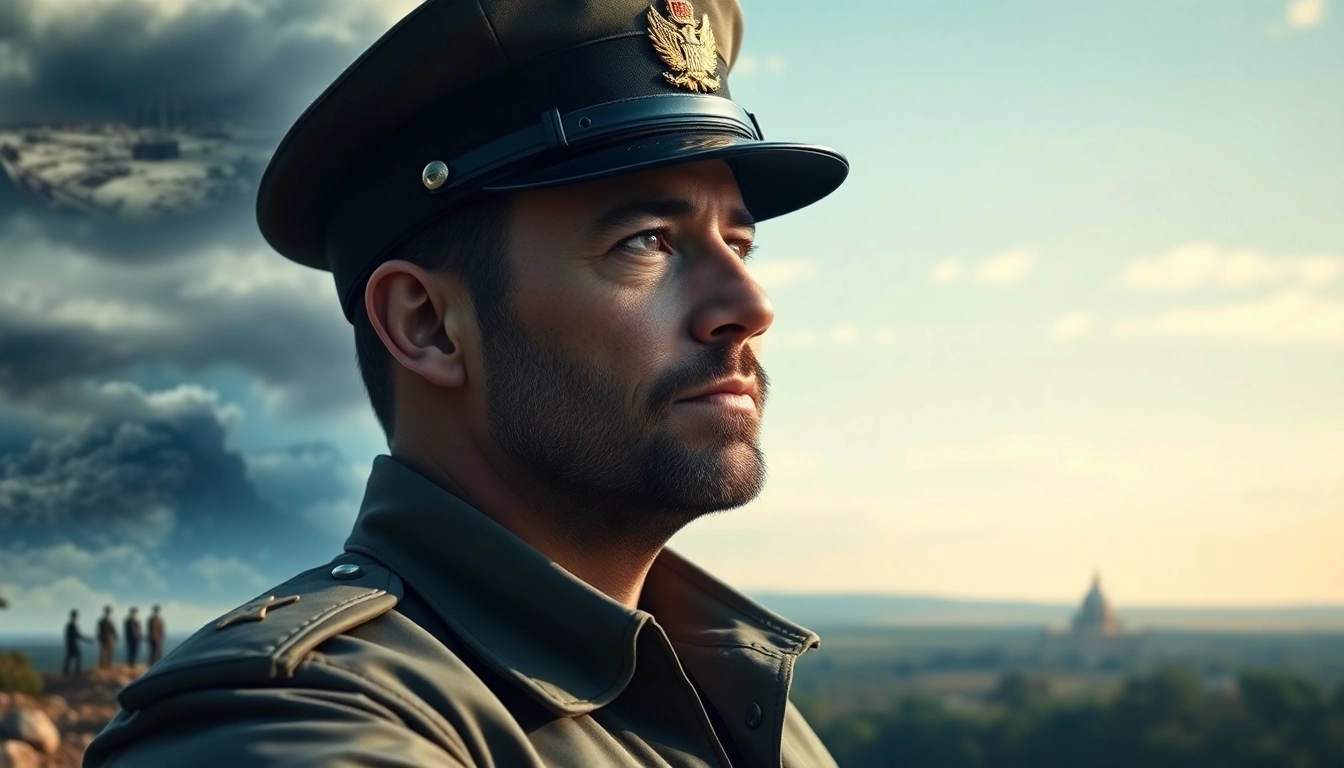The Importance of Touring in a Musician’s Career
Touring is a critical aspect of a musician’s career, serving as a powerful medium for artists to connect with their audience. Engaging gone are the days when artists solely relied on radio play and album sales to establish their presence in the industry. Today, as music consumption has transitioned largely to digital platforms, the significance of live performances has escalated. Tours allow musicians to generate buzz, create memorable experiences, and solidify their status within the music scene. For artists looking to expand their reach and impact, touring is not merely an option; it is a necessity.
How Touring Enhances Artist Visibility
Tours provide artists with unparalleled visibility. When musicians take their music to the stage, they tap into an intimate connection with fans, experiencing direct interaction that is often missing in the digital realm. By performing in different cities and countries, artists can reach new audiences who may not yet be familiar with their work. This visibility is critical, particularly for emerging artists striving to build a name for themselves. Publicity generated during touring, whether from local press coverage, social media buzz, or fan-generated content, significantly amplifies their reach.
The Financial Benefits of Live Shows
Financially, touring can be a game changer for musicians. Live performances often generate substantial income through ticket sales, merchandise sales, and sponsorship deals. For many artists, this revenue stream can outweigh traditional album sales, particularly in an era where music streaming services often result in minimal payouts. Establishing a successful tour can secure a musician’s financial stability, allowing them to reinvest in their artistry, produce new music, and support their creative endeavors. Furthermore, profitable tours can lead to enhanced opportunities, including collaborations, studio time, and more extensive promotional campaigns.
Building a Loyal Fanbase Through Tours
Perhaps the most significant advantage of touring is the ability to cultivate a loyal fanbase. Engaging performances foster emotional connections that cannot be replicated. Fans often leave a concert feeling a sense of loyalty and attachment to the artist. Tours provide a platform for artists to narrate their stories, share their experiences, and connect through emotions, effectively transforming casual listeners into devoted fans. By employing effective branding and personalized touches during their shows—such as meet-and-greets or exclusive merchandise—artists can deepen these relationships, leading to sustained support long after the curtain falls.
Planning Your Tour: Essential Steps for Success
While the idea of embarking on a tour can be exhilarating, it requires meticulous planning and execution to ensure success. Below are essential steps artists should consider when planning their tours.
Choosing the Right Locations for Maximum Impact
Choosing the right venues and locations is crucial for a successful tour. Artists must research potential markets, identifying cities or regions where their music resonates. This involves analyzing demographic information, existing fan bases, and local music scenes. Booking shows in cities with a burgeoning music culture can yield higher ticket sales and establish strong recognition. Moreover, artists should consider the size of the venues; starting with smaller locations may allow performance flexibility before scaling up. Artists should observe similar acts’ tour schedules to help pinpoint which markets may yield the greatest return on investment.
Collaborating with Local Talent and Promoters
Establishing connections with local promoters and artists can result in pivotal collaborations that enhance tour success. Local promoters understand the intricacies of their markets, from advertising to logistical arrangements. They can offer insights into the best possible venues, time slots, and promotional activities. Furthermore, collaborating with local talent as opening acts allows both established and up-and-coming artists to share audiences and maximize exposure. This strategy benefits all artists involved and fosters a sense of community in the music scene.
Marketing Your Tour Effectively
Effective marketing is essential to ensure high ticket sales. Artists should utilize a combination of social media, email newsletters, and traditional advertising to promote their tours. Engaging with fans through behind-the-scenes content, tour announcements, and countdowns can create excitement leading up to the event. Maintaining an active presence on platforms like Instagram and Facebook allows artists to interact directly with fans and answer questions. Additionally, leveraging local press for interviews or features could help drive ticket sales and raise awareness about the tour.
Challenges Artists Face When Touring
Despite its many rewards, touring presents a unique set of challenges. Understanding these challenges can empower artists to prepare and strategize effectively.
Managing Finances and Budget Constraints
Touring entails considerable costs—fuel, accommodation, food, and staff salaries can quickly add up. Therefore, artists must develop a realistic budget that includes all potential expenses. Budget constraints can lead to difficult decisions, such as whether to hire a full band versus performing solo. To manage finances effectively, artists should have a clear understanding of income potential from venues and a plan in place for merchandise sales. Financial literacy is critical at this stage; artists may benefit from consulting professionals who specialize in the music industry’s financial aspects.
Handling Exhaustion and Mental Health
Touring often demands long hours and high-stress situations that can take a toll on an artist’s mental health. Exhaustion from constant travel, late nights, and performance pressures can lead to burnout. Artists need to prioritize self-care and establish healthy routines while on tour. This could involve setting aside time for rest, engaging in physical activity, or maintaining healthy eating habits. Furthermore, open conversations about mental health within the music community can foster supportive environments for artists, reducing stigma and encouraging help-seeking behavior when needed.
Logistical Issues: Transportation and Equipment
Logistics can be one of the most challenging components of a tour. Transporting equipment, coordinating scheduled performances, and ensuring everything operates smoothly can often feel overwhelming. Artists should invest in reliable transportation and possibly hire a qualified road manager to oversee logistics. It’s crucial to have backup plans in case of unforeseen circumstances, like equipment malfunctions or vehicle breakdowns. A thorough checklist for each show, encompassing setup, soundchecks, and packing, can help keep everything organized and minimize stress.
Engaging Fans During Tours: Best Practices
Engagement with fans during tours is essential to cultivate an enthusiastic following and enhance the overall concert experience. Below are best practices for engaging audiences effectively.
Utilizing Social Media for Real-Time Updates
Artists can leverage the power of social media to engage with fans in real-time. Utilizing platforms such as Instagram, Twitter, and TikTok can provide followers with live updates, behind-the-scenes content, and immediate access to performance highlights. Live-streaming events or Q&A sessions prior to the show can enhance anticipation and personalized engagement with fans. This interaction can create a rapport that leaves concert-goers feeling more connected to the artist, strengthening their loyalty post-show.
Creating Memorable Live Experiences
Live performances should be more than just a concert; they should create unforgettable experiences. Artists can achieve this by designing unique setlists, incorporating storytelling elements, and crafting visually compelling stage designs. Memorable moments might include dedicating songs to fans or highlighting spontaneous requests. Such personal touches help forge deeper connections between the artist and the audience. Additionally, pre- and post-show activities, such as meet-and-greet events or exclusive merchandise releases, can further enhance the fan experience.
Incorporating Fan Feedback and Interaction
Artists benefit from actively seeking feedback during and after their shows. Engaging fans in conversations about their favorite moments from the concert or soliciting suggestions can provide valuable insights into audience preferences. Using social media to run polls or collect fan opinions can demonstrate that artists value their input, building a stronger bond. Moreover, artists should consider including fan-generated content in their promotional efforts, showcasing attendees on stage as part of their larger narrative.
Evaluating the Success of a Tour: Metrics and Insights
The evaluation phase of a tour is essential for understanding its overall success and learning for future performances. Here are ways to measure the effectiveness of a tour.
Analyzing Ticket Sales and Attendance
Analyzing ticket sales and attendance figures provides a quantitative measure of tour success. Artists should evaluate which shows sold out, which venues performed the best, and overall revenue generated. Tools like Ticketmaster and Songkick offer insights into ticketing analytics that can inform strategic decisions. Understanding geographic and demographic trends in ticket sales may help artists refine their marketing efforts and tailor future tours to high-performing regions.
Collecting Fan Engagement Data
In addition to ticket sales, gathering engagement data from fans during the tour can provide invaluable insights. Monitoring social media mentions, likes, shares, and comments during and post-performance can help assess overall audience sentiment. Artists may also utilize email marketing performance metrics to analyze open rates, click-through rates, and audience engagement connected to tour-related content. This data can contribute to future campaigns and improve promotional strategies.
Using Feedback for Future Tours
Feedback collected from fans is a powerful tool for improvement. Artists should provide avenues for fans to share their thoughts, whether through online surveys or direct engagement on social media. Evaluating this feedback can help shape future performances, refining areas for improvement, enhancing setlists, and guiding merchandise offerings. Continuous learning from previous tours ensures that artists can adapt to the evolving desires of their audience, leading to more successful initiatives going forward.



